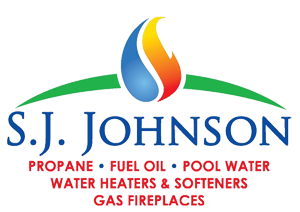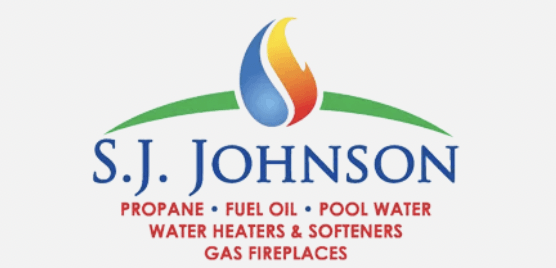In June 2012, the United States Environmental Protection Agency announced new air pollution rules for the natural gas drilling process called “fracking.” Although many people who have long had concerns about fracking in Southern Maryland find the new rules acceptable, many are still upset that the laws will be set into effect over the course of two years.
Fracking is a controversial natural gas drilling technique that has come under fire from environmentalists in recent years. In Southern Maryland this has become a hot new topic with the new pipeline coming to Dominion in Lusby MD. Fracking, also known as hydraulic fracturing or industrial gas drilling, is a method by which new natural gas wells are formed. Chemically treated water and sand are pumped at extremely high pressure into shale well beneath the ground. The combination of additives breaks apart the rock and helps to create channels by which natural gas and oil can come to the surface.
Although companies like Chesapeake Energy say that their fracking process is safe and enables the country to reduce reliance on foreign fuel, there are those who say that the process has the potential to contaminate ground water and the air surrounding the wells.
“Natural gas production is expanding into highly populated areas of the country,” says Al Rizzo, the chairman of the American Lung Association. “We have seen irrefutable evidence of serious threats to human health from air pollutants emitted during oil and natural gas production, including sulfur dioxide, nitrogen oxide and volatile organic compounds (VOCs), including air toxics such as benzene and formaldehyde, as well as increasing levels of ozone and particulate matter.”
The new rules issued by the EPA will require more pipelines and quicker collection of the gas by mounted rigs to cut emissions of smog-forming compounds from fracked wells. The goal is to eventually curb those by 95 percent. In addition, the rules would cut emissions a further 25 percent across traditional oil and gas wells, which already have emissions constraints.
The EPAhas yet to address concerns that fracking contaminates underground aquifers. Fracking has also drawn criticism for an alleged connection to earthquakes. It is thought that wastewater from the process can loosen rocks and cause underground shifting akin to earthquakes. In June 2011, the energy company Cuadrilla halted fracking operations due to tremors.
As for fracking continuing to be the future of natural gas and oil drilling, this remains to be seen. But more legislation and tighter environmental precautions are likely.



